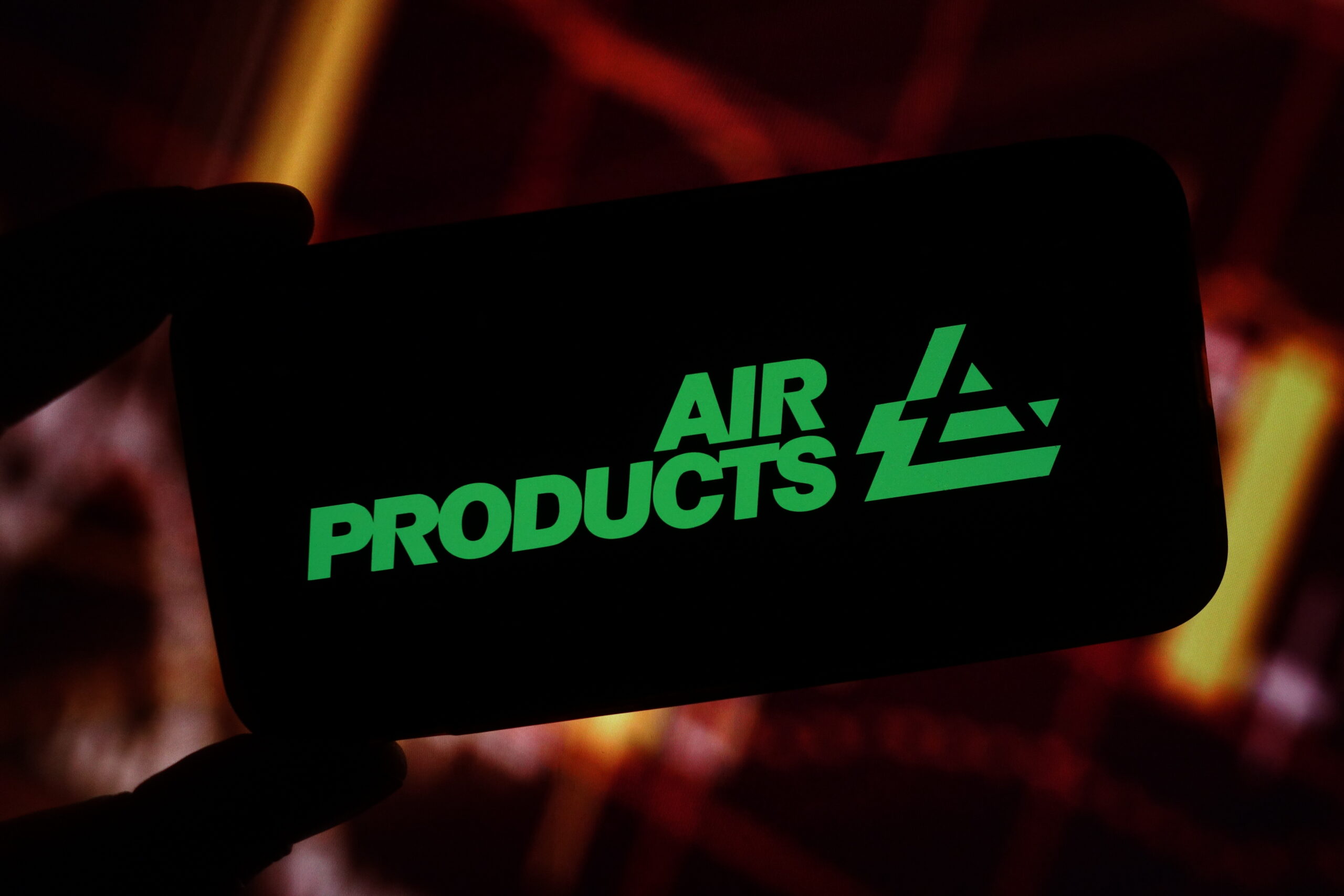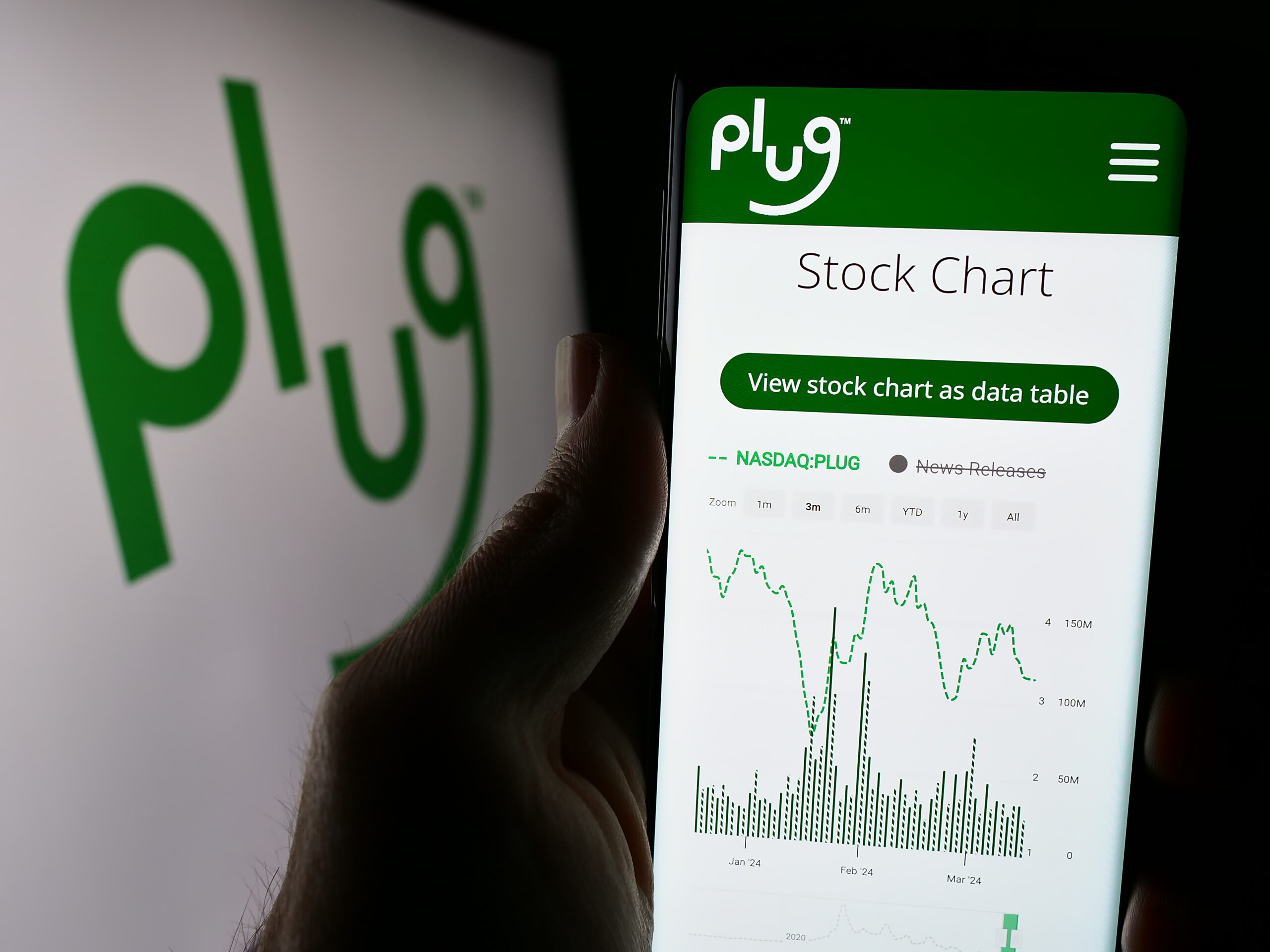Dutch Consortium Advances Liquid Hydrogen Infrastructure for Aviation

A consortium comprising Air Products, Airbus, and Rotterdam The Hague Airport (RTHA) has unveiled plans to establish a hydrogen hub in the Netherlands, aimed at accelerating aviation decarbonisation.
Under a newly signed Memorandum of Understanding (MOU), the group will leverage its expertise in hydrogen infrastructure and airport integration, with a particular focus on RTHA and Amsterdam Airport Schiphol.
“The roadmap describes the steps needed to enable hydrogen infrastructure for aviation in the Netherlands,” RTHA stated, emphasising the prioritisation of liquid hydrogen, safety measures, and seamless airport integration.
Other key partners include KLM Royal Dutch Airlines and Transavia, reinforcing the aviation sector’s commitment to alternative fuels. Air Products, a major hydrogen supplier, has pledged its technical expertise to the initiative.
“At Air Products, we see ourselves not just as a supplier of hydrogen, but as an enabler for our customers and partners to decarbonise,” said Caroline Stancell, Vice President of Marketing and Growth Programs for Europe and Africa.
The project aligns with broader industry efforts to meet stringent climate targets through sustainable aviation fuels (SAF) and liquid hydrogen.
The European Commission recently approved the Cryostar project, which aims to develop certification standards for liquid hydrogen cryogenic tanks in commercial aircraft. Meanwhile, Exeter Airport conducted the UK’s first live demonstration of a hydrogen-powered aircraft turnaround in April 2025.
Air Liquide’s Recent Hydrogen Aviation Initiatives
Air Liquide has been actively advancing hydrogen aviation technology, contributing to several groundbreaking projects.
In September 2023, the company played a pivotal role in the first piloted electric flight powered by liquid hydrogen, collaborating with H2FLY to retrofit the HY4 demonstrator with a specialised fuel tank.
The successful test flights confirmed that liquid hydrogen could significantly extend aircraft range, marking a milestone in zero-emission aviation.
More recently, Air Liquide partnered with Safran and Turbotech to validate the feasibility of a hydrogen-fueled gas turbine engine for light aircraft.
The project demonstrated the integration of a cryogenic liquid hydrogen storage system, reinforcing hydrogen’s viability as a clean propulsion solution.
These advancements position Air Liquide as a key player in hydrogen aviation, complementing the Dutch consortium’s efforts to establish a robust hydrogen infrastructure for airports.
As the industry moves toward large-scale adoption, Air Liquide’s expertise in cryogenic storage and fuel cell technology will be instrumental in shaping the future of sustainable air travel.

